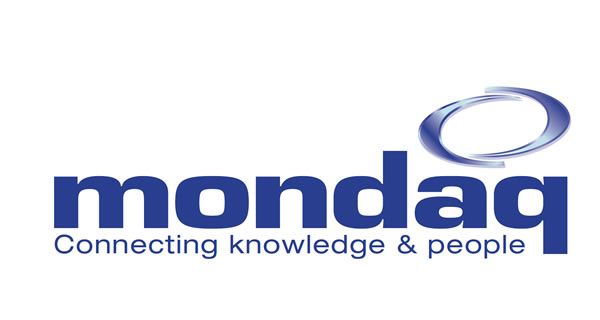The duties of custody essentially include:
- Care and education
Care is primarily concerned with maintaining the physical well-being and health of the child. Education refers to the physical, mental, and spiritual development of the child. Care and upbringing also include, in particular, that underage children must obey the orders of their parents, although violence may not be used under any circumstances. The will of the child must also be taken into account, provided that its well-being does not conflict with this.
Care and education also include the right of parents to determine the child’s first name, education, and religious upbringing.
- Asset Management:
The parents are responsible for managing the child’s assets—in doing so, they must act with the diligence of proper parents. Accordingly, the assets are to be preserved and, if possible, even increased.
- Representation:
Legal representation includes the right to perform legal acts for the child. It should be noted that legal acts in important matters are only effective with the consent of both guardians (e.g., change of name, acquisition of citizenship, joining or leaving a church). Legal acts that are not part of the ordinary course of business also require express court approval (e.g., sale and encumbrance of real estate, waiver of the right of inheritance, refusal of a gift).






